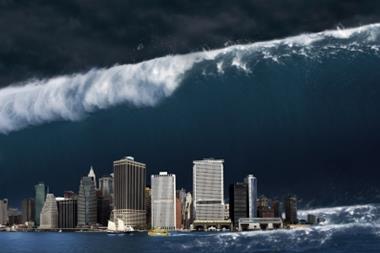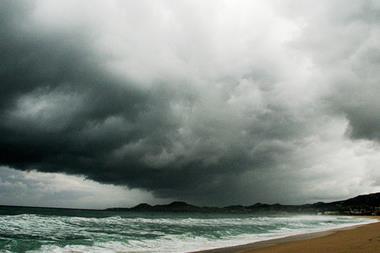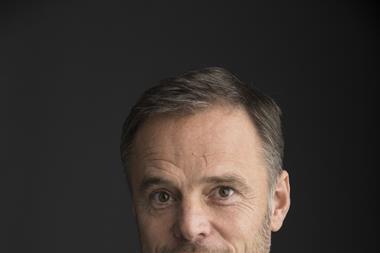Companies must take on a proactive approach in preventing nat cat losses as opposed to merely preparing for their consequences, say FM Global
Too many firms accept natural catastrophe losses each year without applying financially effective prevention measures according to FM Global vice-president, manager of global services, Nicholas Batten.
Last month, Batten was appointed as the first manager of global services at FM Global, to help structure comprehensive global programmes for multinational clients.
He now oversees the governance of FM Global’s WorldReach insurance and service network and he is responsible for the consistent and compliant delivery of the firm’s underwriting, engineering and claims services.
Batten believes passive measures undertaken by risk managers such as insurance coverage are far less efficient strategies than applying preventive measures, which might eradicate the risks.
He said that while insurance remains a necessary risk transfer, preventive measures can significantly reduce the cost of cover and the financial impact of a natural disaster.
Speaking to StrategicRISK, he said: “It should come as no surprise that fires still burn, rivers and oceans still flood and hurricanes and tornadoes still hurl debris – all with the potential to cause huge amounts of damage.
“If I see a trend within the underwriting, engineering and claims services, it’s the industry’s continued approach that these types of losses are considered the norm – when in fact, the majority are preventable.”
Batten said risk managers must be considerate when partnering with insurers and should look for a partner that will help take preventive, as opposed to, remedial measures.
He said: “Businesses or individuals purchase insurance because they believe they may need to make a claim. So, partner with an insurance company that can help you prevent the loss from occurring.
“When our clients go the extra mile to protect their physical assets, they’re also protecting their business continuity, their shareholder value, their customers, their suppliers, their people and their communities.”




















No comments yet